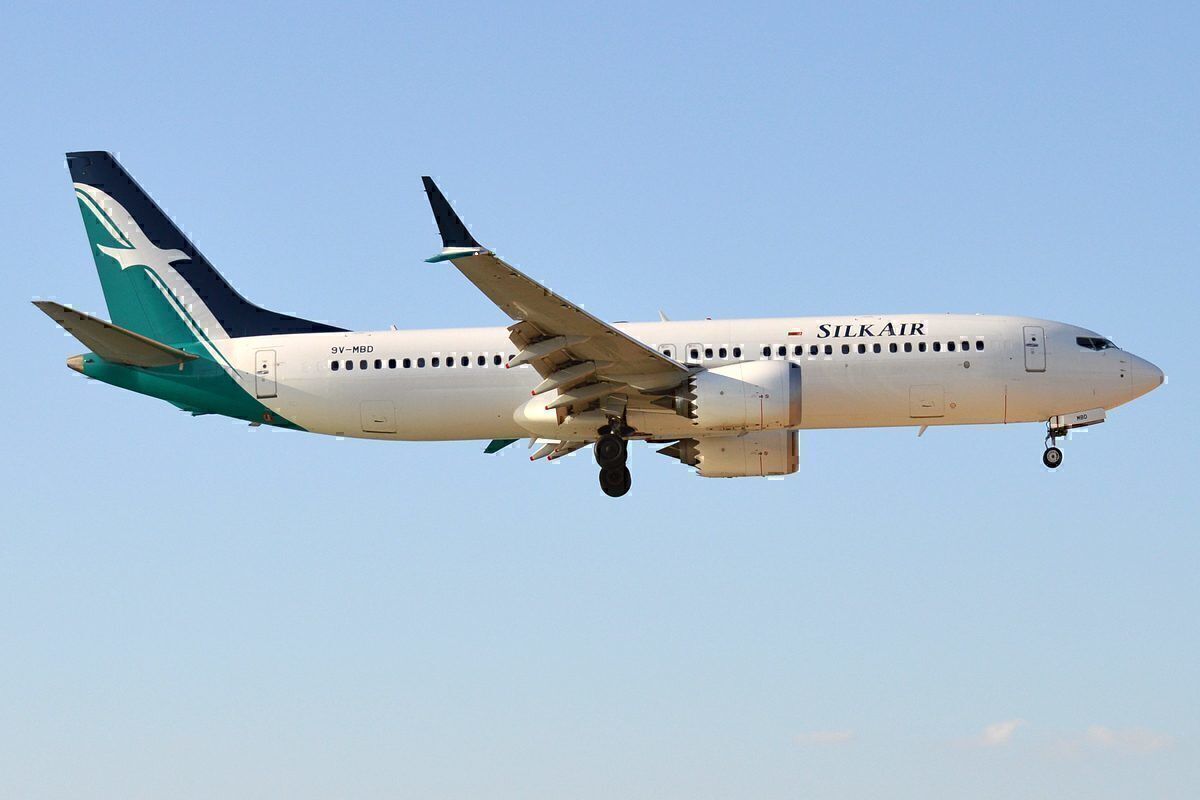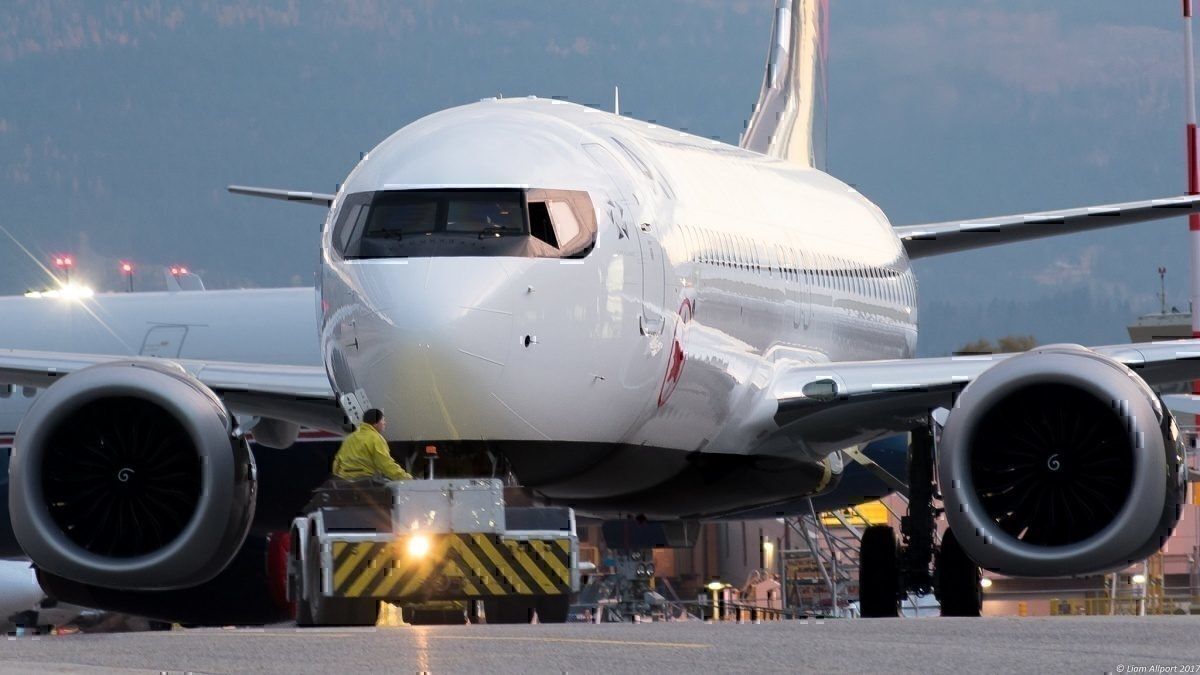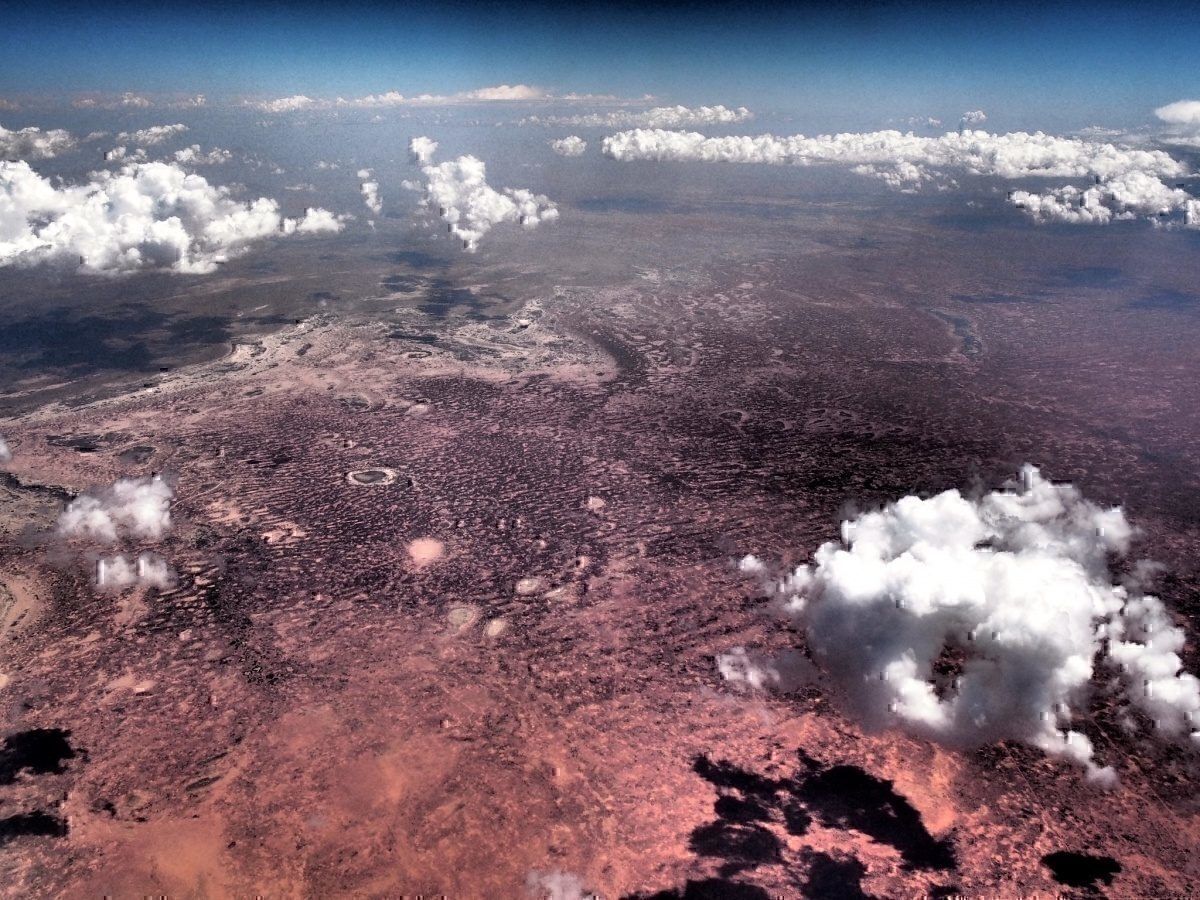On March 10th this year, Ethiopian Airlines Flight 302 crashed six minutes after take-off from Addis Ababa. The aircraft, registered as ET-AVJ, was a Boeing 737 MAX and the fallout from the incident would ground the 737 MAX program to a halt. Many airlines grounded their MAX fleets until further notice and the process of finding a place to store the aircraft began.
Singaporean airline SilkAir made its grounding announcement on March 12th and recently revealed the airline's solution to the problem. Requiring a dry climate to store and maintain aircraft, SilkAir's Boeing 737 MAX aircraft could be stored in Australia. Potentially, more airlines may follow...
Boeing's 737 MAX grounded
In March 2019, airlines around the world began grounding their 737 MAX aircraft on a voluntary basis after two catastrophic incidents within a six month period. Flawed software on the aircraft was discovered as a major cause, and aviation authorities had no choice but to officially ground the aircraft as unsafe to fly. At this time, Boeing had some 4,600 aircraft that had been ordered and pending delivery.
Needless to say, the process has left hundreds of aircraft grounded and in need of a place to be stored and maintained. This isn't as simple as finding a storage unit with space somewhere, as specific conditions need to be prevalent. Asia Pacific Aircraft Storage (APAS) has recognized its desert storage facility in Australia as the ideal space, and the company has finalized its first deal to store Boeing's 737 MAX.
Why Australia?
The conditions required to properly store and maintain aircraft, whilst awaiting re-entering into service, need to be ideal - meaning as dry as possible. This is to combat the difficulties encountered in humid regions, such as the corrosive effect that moisture can have. The issue is that most regions that have the right climate, do not actually have the runway size or infrastructure required to store large aircraft such as commercial jetliners.
The Australian Outback is an arid, dry, and expansive region. Close to its center, the town of Alice Springs offers both the ideal climate, as well as a runway that can be used by an Airbus A380 in an emergency. This makes the APAS facility an attractive option, and an option that is located much closer to Asia Pacific nations, than the United States of America.
SilkAir's Boeing 737 MAX fleet storage
SilkAir took delivery of six Boeing 737 MAX aircraft between September 2017 and March 2019, with a further six on order. The aircraft flew out of Singapore Changi airport until the airline decided to ground its fleet on March 12, 2019. With limited access to warm and dry regions in the Pacific region, SilkAir would have had to look at US storage facilities in Arizona and California, had the opportunity with Apas not presented itself.
In this week, the Australian Civil Aviation Safety Authority(CASA) received an application from SilkAir to fly its 737 MAX fleet out to the Apas desert facility close to Alice Springs. This is indicative of the deal's finalization, seeing as CASA suspended the operation of all 737 MAX aircraft to and from Australia on March 12, 2019.
According to the Financial Times, SilkAir is awaiting the signing off of flight plans by the Australian regulators, and this is expected to take place in the next few weeks. APAS is unable to provide more detail at this time, due to confidentiality procedures. Simple Flying has reached out to SilkAir for comment, and this article will be updated accordingly.
Future storage of Boeing's 737 MAX in Australia
Due to its location in the Asia Pacific area, the APAS facility near Alice Springs offers a storage option to airlines in the region. As noted above, the size and climate tick all the boxes required for the storage of 737 MAX aircraft, and APAS is preparing to improve its capacity. Currently, the storage company can accommodate up to 30 aircraft and further planned expansion will increase this number to 70.
This is still less than half of the capacity that the entire area owned by APAS will be able to accommodate, eventually. If the demand continues to grow, Australia may well be the future place of storage for airlines' Boeing 737 MAX aircraft.



